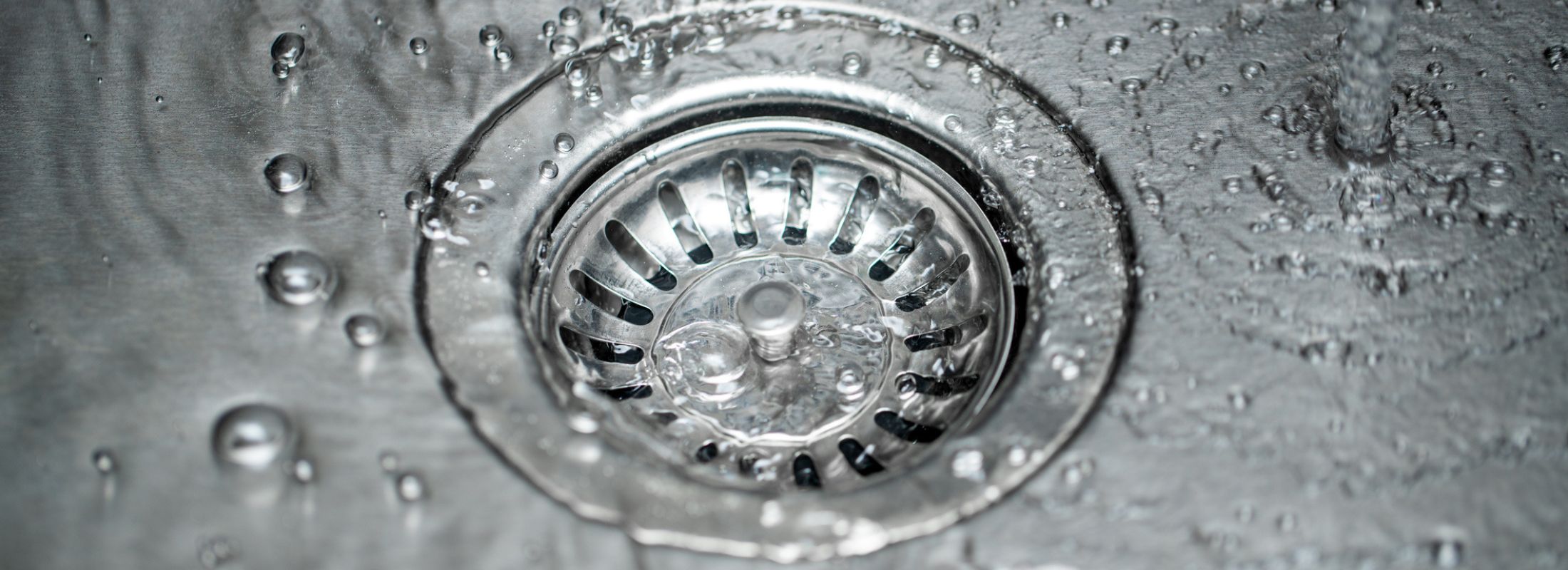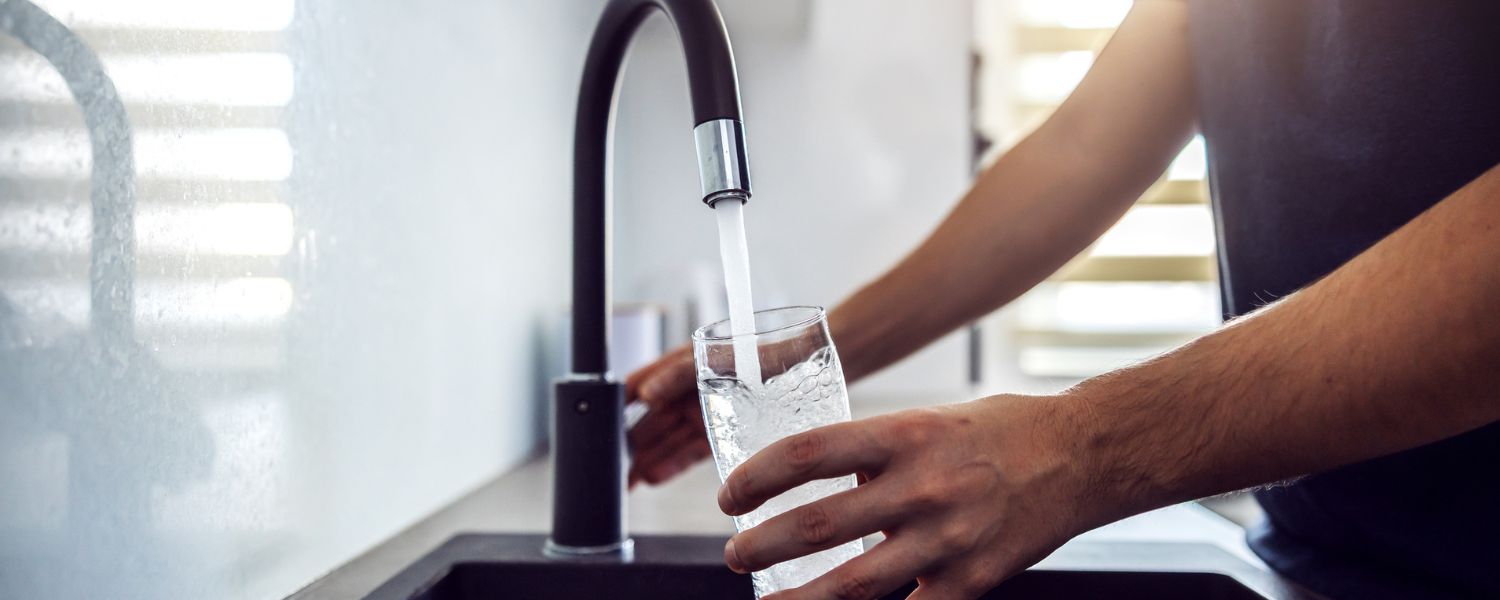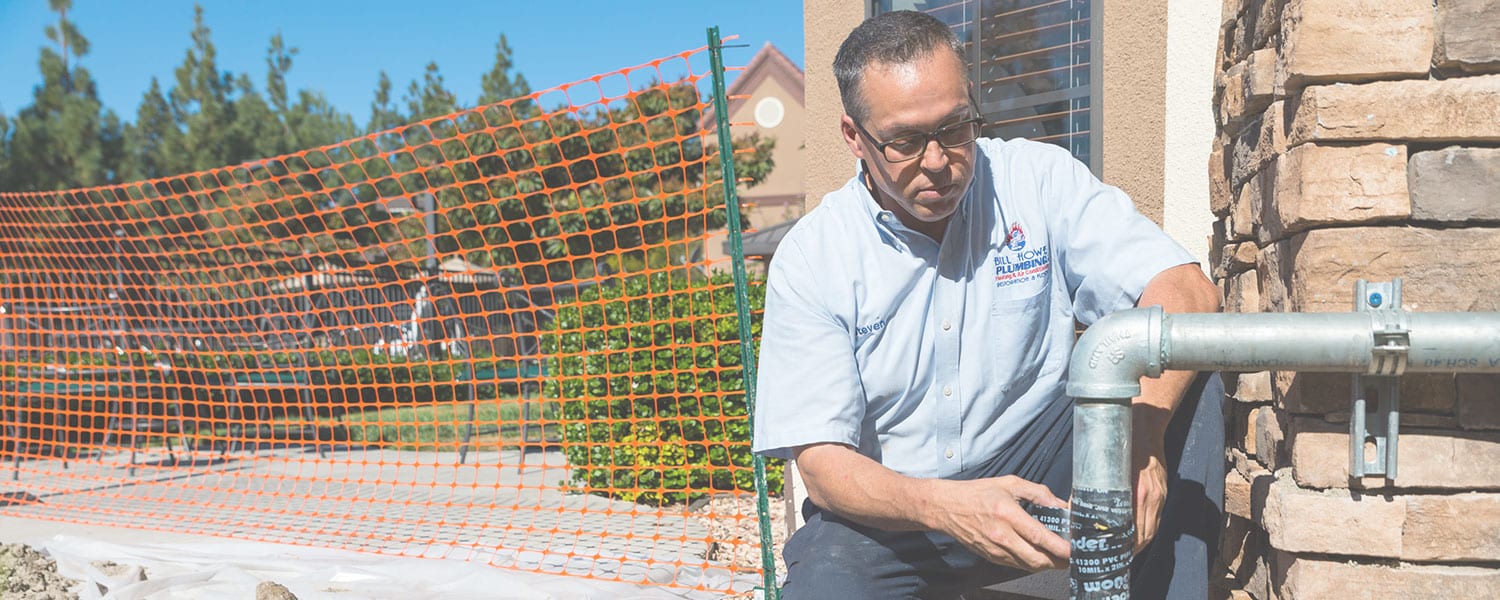What Is an Air Gap for a Dishwasher?
A dishwasher air gap is a small cylinder located near a kitchen sink that connects a kitchen sink drain to a dishwasher. The air gap creates an air space that separates the sink drain from the dishwasher drain hose to prevent the backflow of wastewater.
Benefits of a Dishwasher Air Gap
A dishwasher air gap prevents backflow by capitalizing on physics—wastewater can’t pass back through an unpressurized air gap. Air gaps aren’t code requirements in all municipalities. However, they are proven plumbing additions that prevent backflow and ensure clean, healthy dishes. Here are the most significant benefits of an air gap.
Prevents Backflow
Air gaps for dishwashers ensure that wastewater doesn’t flow back into a dishwasher from a garbage disposal or sink drain.
Minimizes Contamination
Air gaps help maintain a healthy environment in a dishwasher by protecting the appliance and dishes from contamination.
Ensures Clean Dishes
Dishwasher air gaps ensure the water used for washing is as clean as possible for sparkling clean dishes.
Meets Plumbing Requirements
Many local plumbing codes require air gaps for proper sanitation and backflow prevention.
How Does a Dishwasher Air Gap Work?
Air gaps pull fresh air from the environment to fill the vacuum and equalize the air pressure to allow a dishwasher to drain. As the wastewater moves through the drain, it pushes air ahead of it and leaves a small vacuum behind it. Without air gaps for dishwashers, the wastewater can’t flow properly and a siphon effect could pull dirty water back into a dishwasher. Air gaps also prevent dirty water from the garbage disposal or sink drain from backing up into a dishwasher.
Air Gap vs. High Loop vs. Standpipe: Which One is Best for Your Dishwasher?
Standpipes, high loops, and air gaps for dishwashers prevent backflow in dishwashers. However, they differ in how they work and how well they prevent backflow. Professional plumbers consider air gaps to be the most effective because they create a physical separation. High loops and standpipes are less popular alternatives that rely on gravity to prevent backflow. While a high loop offers some degree of backflow prevention, it can’t fully prevent back siphonage from occurring.
Common Problems with Dishwasher Air Gaps
Common dishwasher air gap problems include clogs and hose kinks that prevent proper drainage. Kinked hoses are a simple fix, but a clogged air gap requires a bit more work to prevent wastewater from backing up into a dishwasher.
Air Gap Clogs
An air gap can clog with food debris or other particles and prevent adequate drainage. Wastewater may pool in the dishwasher or sink or overflow from the air gap onto the countertop.
Drain Hose Clogs
The drain connecting the air gap or garbage disposal to the dishwasher can become clogged with buildup from the wastewater. Gurgling noises during dishwasher draining can be a sign of a clog in the drain hose.
Drain Line Clogs
Clogs further down the drain line can cause wastewater backup in the kitchen sink and the dishwasher. A drain clog can also cause the air gap to overflow and allow contaminated water back into your property.
How to Maintain a Clean Dishwasher Air Gap
The plumbing for a dishwasher, kitchen sink, and garbage disposal is connected to the air gap. Rinsing dishes before loading the dishwasher and avoiding large food scraps in the garbage disposal minimizes the chances of a clogged air gap. It’s also a good idea to run the garbage disposal regularly to keep the plumbing lines clear. Regularly inspect the air gap and clean the dishwasher air gap when needed to prevent clogs.
- Remove the cover to access the air gap.
- Remove the cap covering the tube.
- Inspect the tube for the accumulation of grease, grime, and food debris.
- Remove any debris carefully with a bottle brush to dislodge the buildup.
- Reassemble the air gap and perform a test run with the dishwasher.
How to Install a Dishwasher Air Gap
Installing an air gap for a dishwasher is a straightforward process if you have the plumbing skills and tools required. Because air gaps are installed at cross connections where wastewater can contact potable water, it’s critical to use the correct tools and materials.
- Locate the air gap hole on your sink or bore a 1-3/8” hole in the top close to the rim of the sink.
- Connect the dishwasher drain hose to the air gap.
- Connect the air gap to the garbage disposal or drain hose.
- Push the air gap through the hole in the sink.
- Check the line connections to ensure they are secure.
- Run the dishwasher on a complete cycle.
- Check the line connections, garbage disposal, and the air gap for leaks.
If you aren’t confident in your carpentry and plumbing skills or don’t have the proper tools, it’s best to hire a professional plumber like Bill Howe. Bill Howe Plumbing, Heating & Air, Restoration & Flood is your go-to resource for dishwasher air gap installation and all your plumbing needs.
Why Choose Bill Howe for Dishwasher Air Gap Installation?
Bill Howe has served the San Diego area since 1980 with expert plumbing services, HVAC repair, and flood restoration services. We are a family-owned business staffed with service technicians with years of proven field experience and a commitment to customer service. Here’s why Bill Howe Plumbing should be your first choice for residential and commercial services.
- 5-star service from professional plumbers and a friendly, knowledgeable support team from start to finish
- An active community partner that supports programs for veterans and others in San Diego and neighboring communities
- Trusted plumbing services that are licensed and insured for peace of mind
- 24-hour emergency plumbing services for prompt disaster relief
Whether you need help installing a dishwasher air gap, a plumbing inspection, or water treatment services, We Know Howe!




